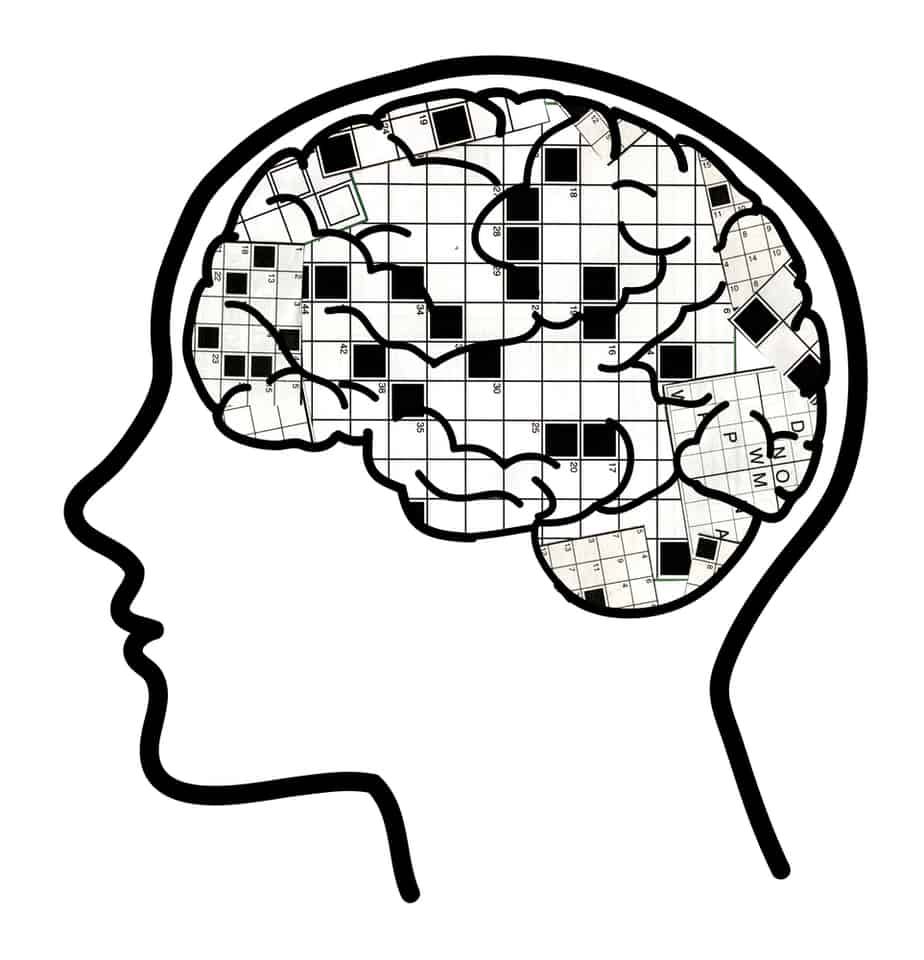I want to say something about two of Morton Feldman's final works, Piano and String Quartet (1985) and Piano, Violin, Viola, Cello (1987). Something that, perhaps weirdly, seems to me connected with the current polarization of political thought in America.
Both the piano quartet and the piano quintet go back to the late 18th Century. In fact, both Mozart and Beethoven wrote piano quartets in 1785, exactly 200 years before Feldman published his Piano and String Quartet. I believe, though, that Feldman's two works are unlike any other pieces written with this instrumentation in one important respect: in both pieces, the strings almost never play at the same time as the piano. In all prior (and, I assume, all later) works, there is some sort of "melding," harmonization, or counterpoint between the voices. In Feldman's, the only interaction or "discussion" is a sort of confused, sometimes completely uncomprehending, statement and response. In these works the strings and the piano are entirely polarized, in different worlds, and none of the members of either group (hands or fingers in the case of the piano) "disagrees" very much with anyone within its own tribe, There may be occasional slight discrepancies in the "view" expressed by the cello as compared with that put forward by the violin, but they are generally in accord, both rhythmically and harmonically.
So, in both works, there is this utter inability to really communicate or coalesce with "others." In each one can imagine two species (or cultural groups) slowly making their way through immense chunks of time, each entirely unable to grasp what the other is doing. Bad mimicry is the extent of the "understanding."
These pieces are often called "melancholy" because of their length, slow pace, and repetitiousness. And also, of course, because of the choice of chords and timbres Feldman favored throughout his career. But to me they also seem sad because they show inherent limitations, both within individuals and groups, in getting outside oneself. For me, each work is a good musical expression of both contemporary political polarization and what can happen to the earth when species fail to understand each other.
That is what the two pieces seem to me to have in common. There are differences too, however. The earlier and more aptly named Piano and String Quartet is, to me, quite difficult to listen to because the piano plays nothing whatever except single, upward-flowing arpeggios, separated by whatever (usually harmonics) chord the strings respond with. After about five minutes, I want to stick a pencil through both of my eardrums--especially when I remember that the piece will go on like this for over an hour. Each group here has nothing much to say: it is the incomprehension between ocean waves (at low tide) and a piece of sea glass that's stuck in the sand. Maybe this music could be background for those who find it relaxing while reading or trying to fall asleep, but I don't think one can really attend to it. I can't, anyhow. It's just irritating.
The later piece is very different in that regard. While there is again a ton of repetition, there is the sort of variety one can find on Fox News or CNN broadcasts or within a batch of various canines. They are again stuck in their separate, inviolable boxes, but are not really one-note Johnnies--at least to those who can "get" their spiels. Here, the name of the work is (I bet intentionally) misleading. They are not individual voices--piano, violin, viola, cello at all. Rather they are two groups again, but now, not entirely homogeneous. Each has become inherently interesting, even in its stubborn isolation from all other groups.
Anyhow, I think it is a great masterpiece, and a fitting swansong to Feldman's incredible legacy. You can listen to it here


